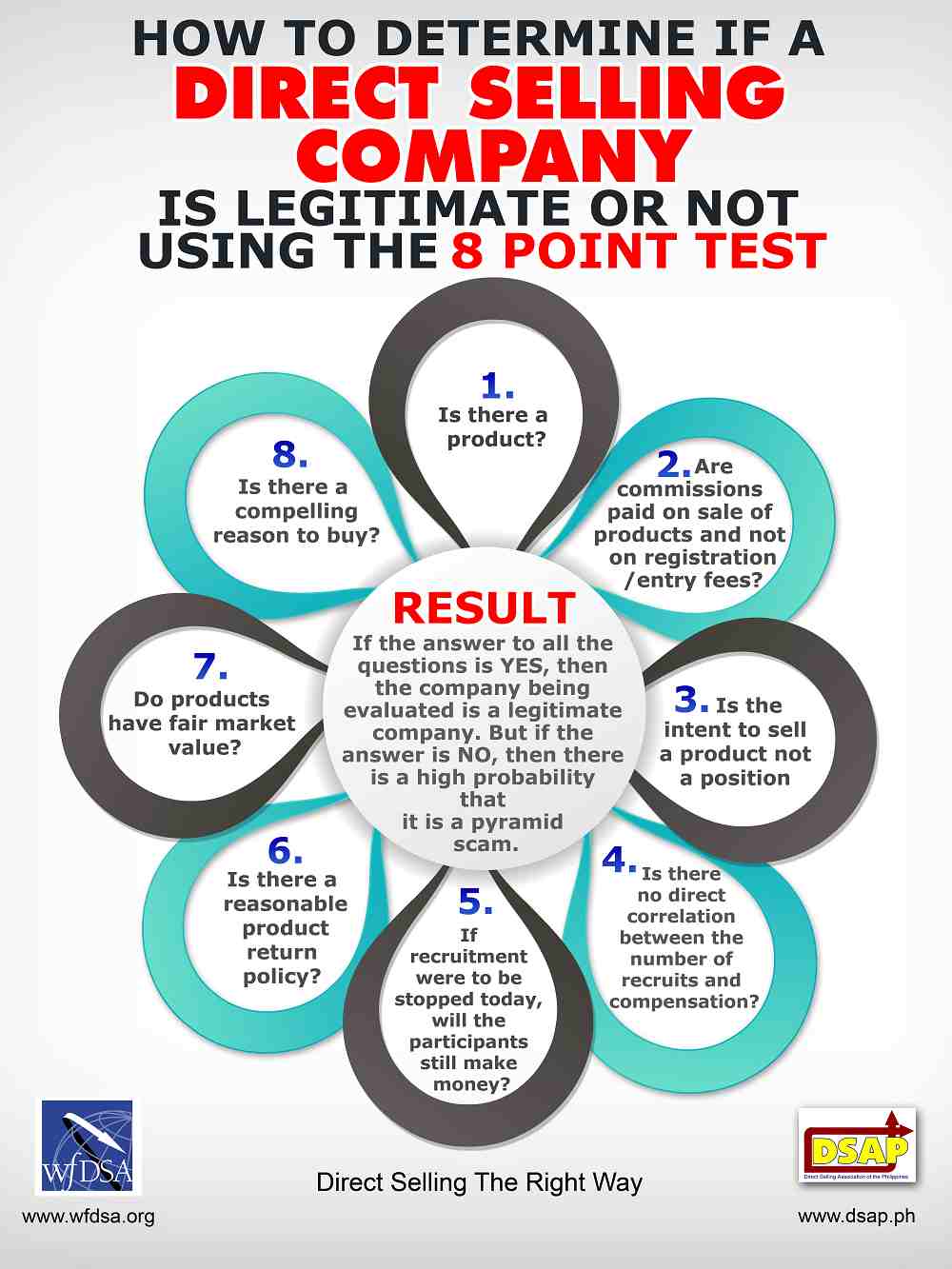With scrutiny coming to bear on the mutli-level marketing (MLM) company Herbalife, there are many who are asking questions about whether or not these work from home “opportunities” are scams.
There are a number of legitimate businesses that allow you to get into direct sales from your home. In my neighborhood alone, there are several stay at home moms that sell a variety of products, from Scentsy candles to Tupperware to costume jewelry. My own mother sold Avon for years while I was growing up. Most of those I know in these programs, though, don’t actively recruit others to sell in an attempt to boost their own income; rather, they are involved to get the products at a discount, and maybe make a few bucks on the side.

Not all programs are as forgiving, though. In some cases, you might find yourself buying large amounts of product, only to sit on it. Even worse, you might get on a MLM company’s “fast track” or pay for a special “program” that leaves you in debt — and without any real results.
Before you sign up for an MLM program, consider these 5 signs that you might be dealing with something that is more like a scam than a true home business opportunity:
1. Focus is More on Recruiting than Selling
One of the first things to watch out for is a focus on recruiting rather than selling. If you are being recruited in order to recruit more people of your own, rather than actually focus on selling the product, that might be a red flag. Consider whether or not there is a lot of focus on getting you to recruit more “team members,” instead of focus on acquiring customers. If the recruits are the customers, that could be a red flag.
2. Poor Training
What sort of training and support do you receive? How are your questions answered? If you are asking tough questions, and they are deflected with homilies on positive thinking, you could be looking at a MLM scam. Also, consider the training situation. Are you provided with actual business techniques and support? If the training consists of how to convince recruits, or tips on selling to friends and family, your “home business opportunity” might actually be a work at home scam.
3. Pressure to Pay for More
Are you being pressured to pay for more product? You might be asked to join a “fast track” or become “elite” by purchasing a great deal of inventory all at once. Or, you might be pressured into buying an expensive business package in order to get the business support you need. If you are asked to pay for extra training (beyond attending an annual conference or convention) on a regular basis, or if you are asked to pay for basic office supplies, you might be in trouble.
Be especially wary of those that ask you to put your costs on a credit card, or encourage you to take a home equity loan or line of credit to pay for this “business investment.”
4. Sales Tactics Brought to Bear on You
Do you feel as though you are the subject of a high-pressure sale when you talk to the MLM representative? You might be told that you have to make a decision right now in order to get a good deal on the initial kit, or to buy in at a “special” price, it could be a scam. Most legitimate companies allow you to talk it over with your family, or sleep on your decision.
5. Seems Too Good To Be True
As with everything in life and in purchases, you need it to pass the too good to be true “smell test.” Are the claims about the product outrageous and hard to really prove? Is there are a lot enthusiasm about the “amazing” program, without much to back it up? Watch out for anything that seems too good to be true. Chances are that it’s actually a scam.
Source: http://www.businessinsider.com/5-signs-that-mlm-opportunity-might-be-a-scam-2013-1?IR=T&r=US&IR=T


No Comment